Maja Ma is one of the most powerful and thought-provoking Indian LGBTQ+ films in recent years. Rather than focusing on youthful queer romance, it tells the story of a middle-aged woman—a mother—whose long-buried secret shakes the very foundation of her traditional family.
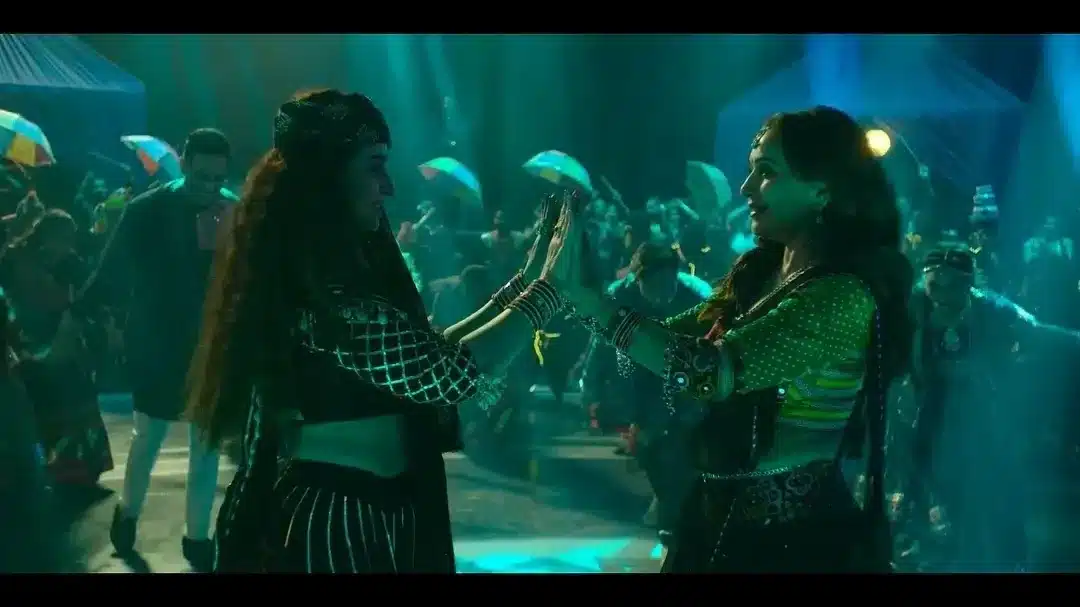
Set against the vibrant backdrop of a Gujarati middle-class community, the film explores identity, dignity, and societal expectations through a lens rarely shown in Indian cinema.
Maja Ma Official Trailer
Pallavi Patel lives a seemingly perfect middle-class life in suburban India. She’s a loving mother, a dutiful wife, and the respected star of local community dance events. But during a grand Garba celebration, an unexpected video leaks—and her long-buried truth is revealed: Pallavi is a lesbian.

The revelation threatens her son’s engagement, disrupts her marriage, and rattles the very foundation of the traditional family she’s held together for years. As her secret comes into the light, each member of the family is forced to confront what love, identity, and acceptance really mean.
Maja Ma Cast
Charactor
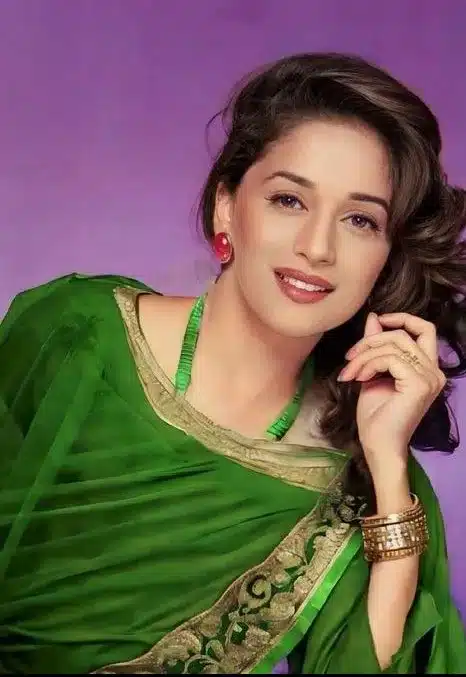
A dutiful wife and mother whose past resurfaces during her son’s engagement.
Madhuri Dixit
Madhuri Dixit, a Bollywood icon, brings depth and dignity to Pallavi’s internal struggle. Her role in Maja Ma marks one of her most emotionally complex performances in recent years.
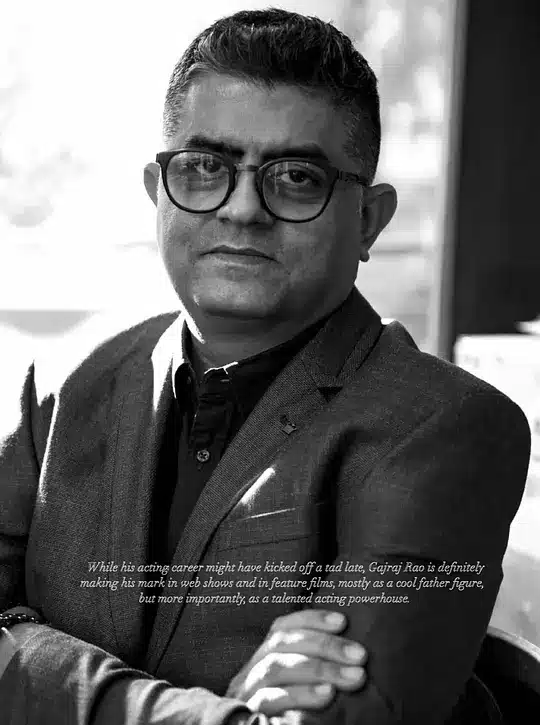
Pallavi’s husband, oblivious to her real identity, yet slowly forced to face uncomfortable truths.
Gajraj Rao
Gajraj Rao is known for portraying Indian patriarchs with a human touch. Here, he balances denial with nuance, making Manohar sympathetic yet complicit.

Pallavi’s son, whose engagement is jeopardized by his mother’s truth.
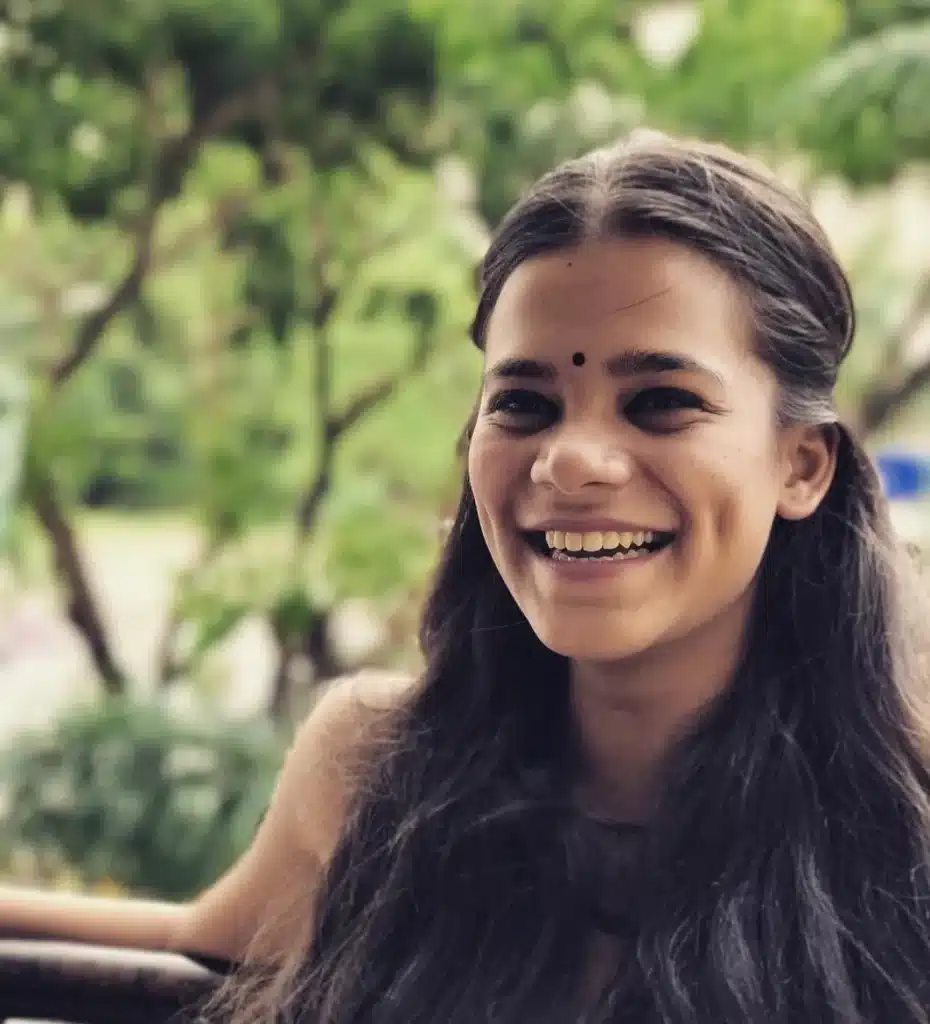
Pallavi’s daughter
Director

Anand Tiwari
Known for his work on light-hearted dramas and slice-of-life films, Anand Tiwari takes a bolder turn with Maja Ma. Here, he crafts a socially reflective narrative that dances between celebration and sadness, tradition and truth. His direction allows for small domestic details to carry heavy emotional weight.
MOVIE HIGHLIGHT
The scene where Pallavi quietly buys a gift for her son’s fiancée after a humiliating confrontation is gut-wrenching.
The Garba dance sequences are dazzling and filled with double meanings—especially the one where Pallavi’s performance is interrupted by a scandalous video.
The final kitchen scene where Pallavi, now aware her children know the truth, continues to serve food in silence—her love, unspoken but undiminished.
A subtle touch: the family photo wall is never updated after the scandal, signaling the cost of honesty in a still-judgmental society.
Maja Ma Review
Review
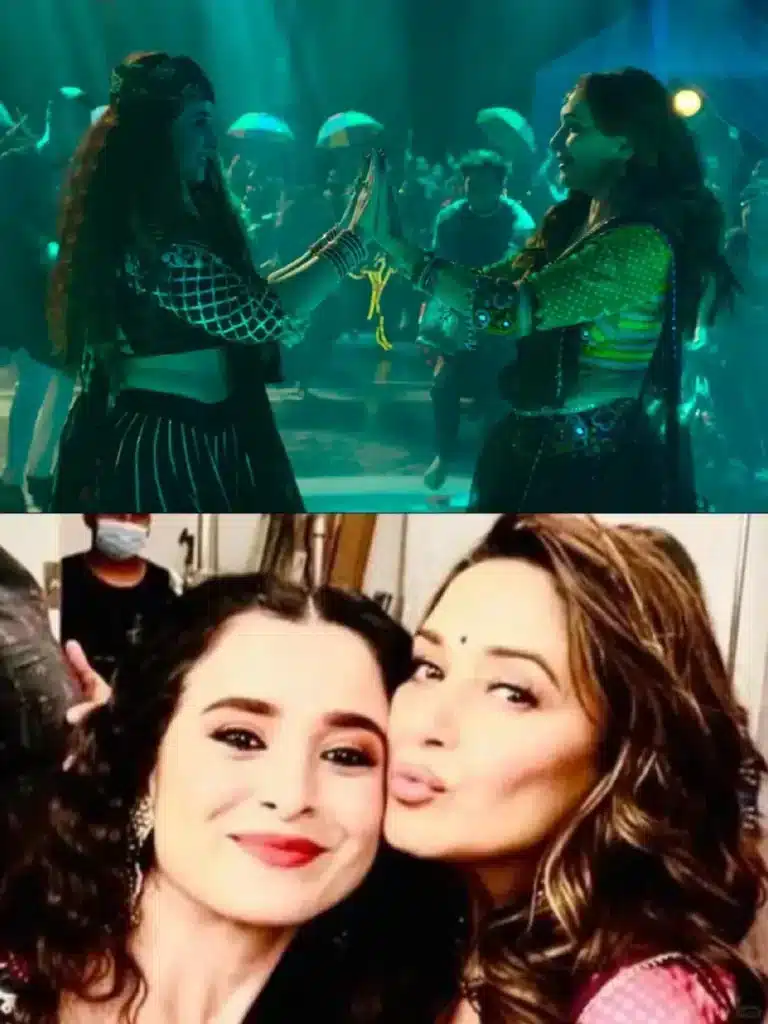
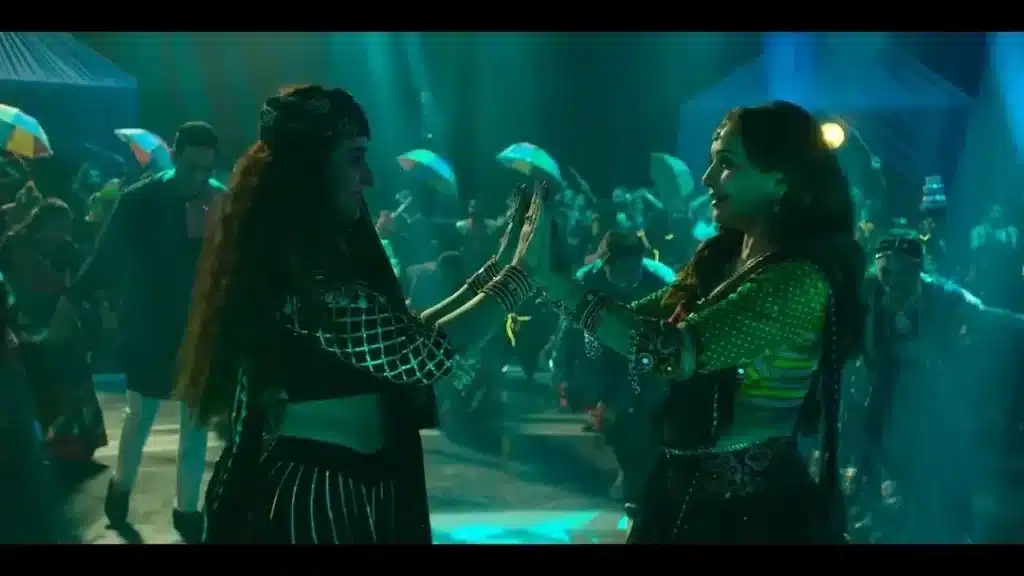

Story (4.5/5)
Unlike many LGBTQ+ films that center youthful romance or coming-of-age journeys, Maja Ma focuses on a middle-aged woman—a mother—grappling with her identity after decades of silence. It refreshingly places queerness within the context of familial responsibility, Indian conservatism, and social pressure. Pallavi’s story resonates deeply in a culture where silence is often seen as survival.
Acting (4.5/5)
Madhuri Dixit’s portrayal of Pallavi is understated and graceful, brimming with inner turmoil and unspoken regret. Her ability to convey years of repression through a single glance or hesitant smile is a masterclass. Gajraj Rao as her husband adds nuance, depicting both ignorance and tenderness. Supporting roles (especially the children) are more stereotypical, but serviceable.
Chemistry (4/5)
While the romance is subtle and not central, the connection between Pallavi and her old flame feels real and heartbreaking. The deeper “chemistry” lies within family dynamics—the mother-daughter tension, the son’s conflicted pride, and the slow unraveling of a marriage.
Production (4/5)
Visually vibrant, with colorful Garba sequences and a charming domestic setting, the film balances festive warmth with moments of isolation and interior struggle. The tone sometimes veers between drama and light satire, which may feel uneven, but also reflects the chaos of real-life family crises.
Ending (4/5)
The resolution is more realistic than triumphant. Pallavi doesn’t become an activist or divorce her husband—she remains in the closet publicly, choosing quiet coexistence over confrontation. It’s bittersweet, but honest, capturing a choice many still make.
